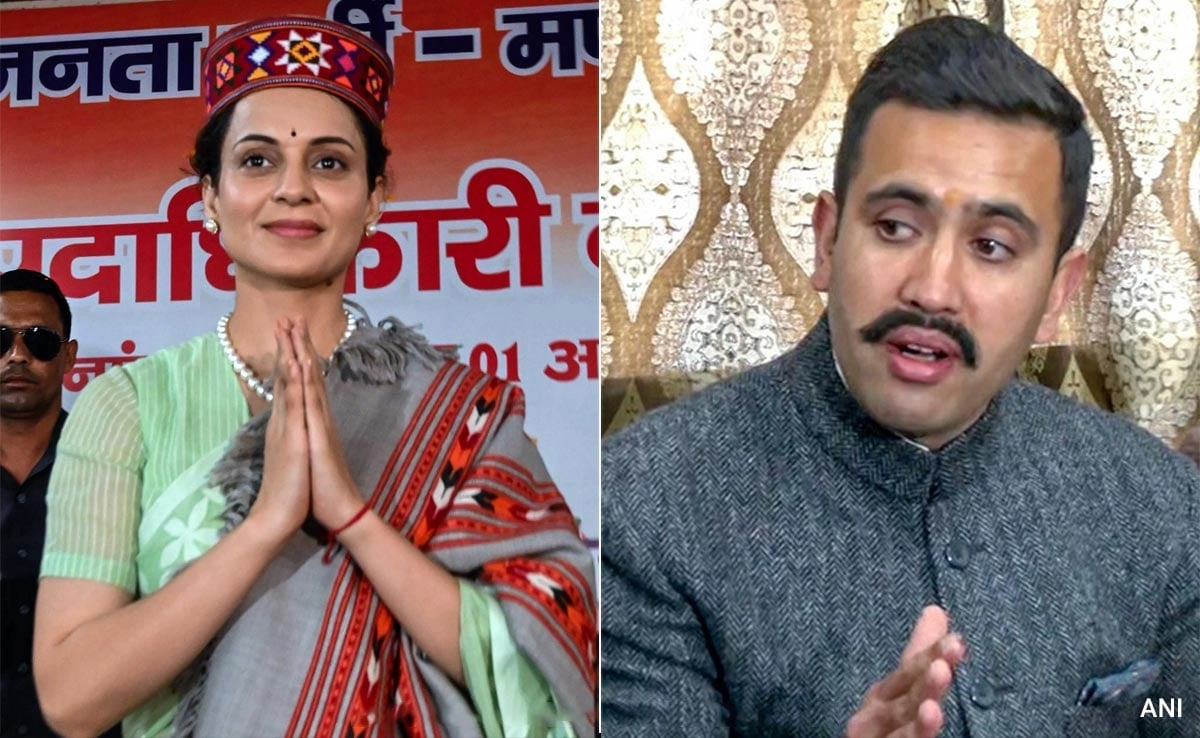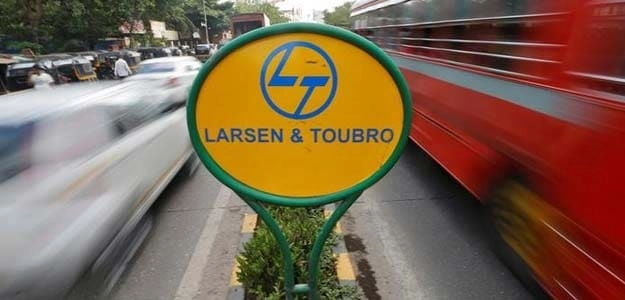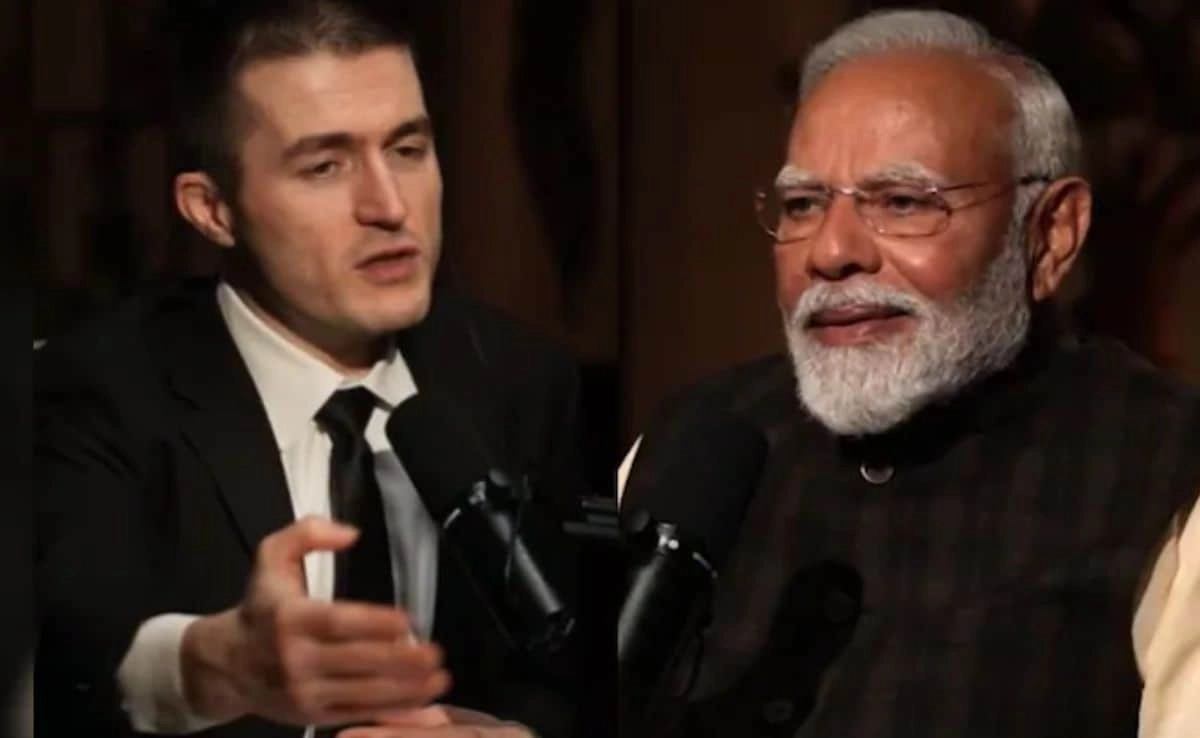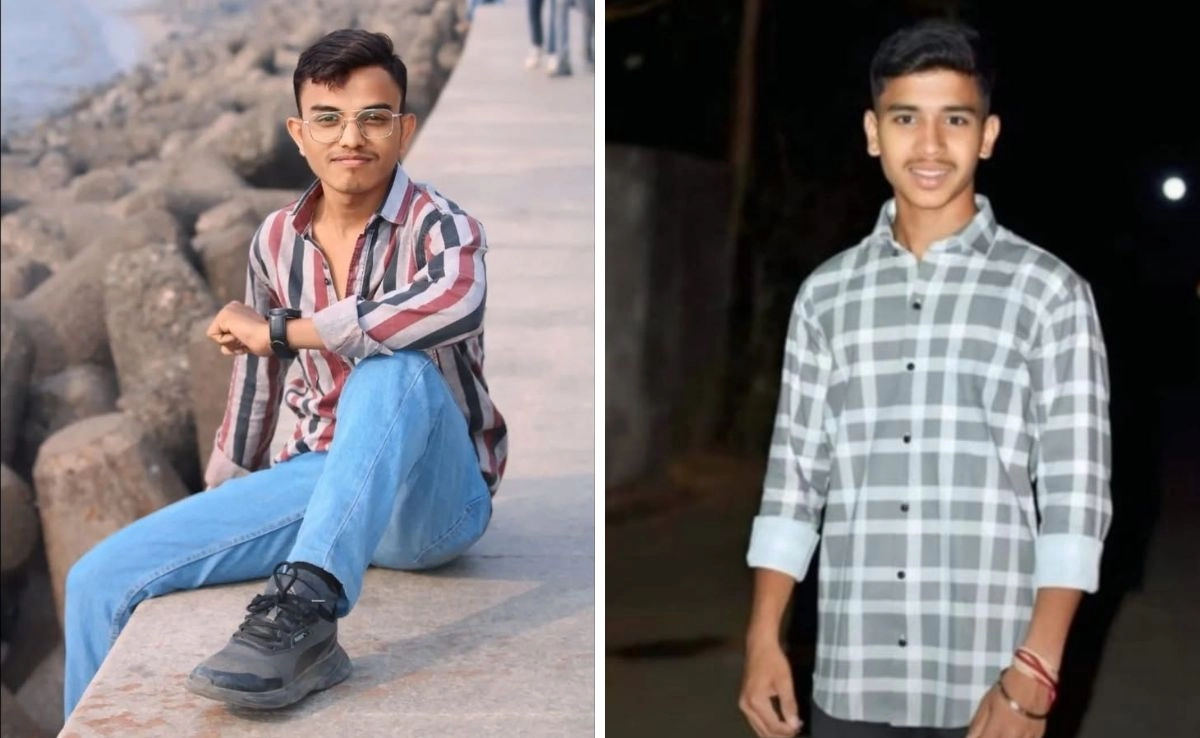The ongoing dispute between Bollywood actress Kangana Ranaut and Himachal Pradesh’s Minister for Power has sparked significant media attention, particularly due to its implications regarding public figures and their responsibilities. The controversy began when the minister accused Ranaut of failing to pay her electricity bills, suggesting that she had neglected her financial obligations to the state. This allegation has not only raised questions about the actress’s accountability but also sparked discussions about the broader issue of compliance with civic duties among high-profile individuals.
In response to the accusations, Kangana Ranaut vehemently defended herself, asserting that the claims were unfounded and politically motivated. She highlighted her contributions to the state of Himachal Pradesh, emphasizing her commitment to her home region and its development. Ranaut argued that such allegations are often used as tools for political maneuvering, particularly against those in the public eye. The actress has maintained that she values her obligations and has always been diligent in her financial responsibilities, which she claims should not be undermined by baseless accusations.
The altercation has also drawn attention to the relationship between celebrities and local governance. It raises critical questions about how public figures are treated in matters concerning civic duties and whether they are held to the same standards as ordinary citizens. This situation underscores the complexities involved in navigating public perceptions and responsibilities, especially for those in the limelight. As the dialogue continues, both Ranaut and the Himachal Minister have garnered support and criticism, shedding light on the intricate dynamics of celebrity culture, politics, and accountability.
Ultimately, this dispute serves as a reminder of the heightened scrutiny that public figures face and the importance of transparency in their actions. As the case develops, it will be interesting to see how it influences perceptions of accountability not just for celebrities, but for all citizens in similar predicaments. The incident encapsulates a broader narrative about civic responsibility, the intersection of fame and public duty, and the ongoing discourse surrounding the role of politicians in addressing grievances raised by constituents, particularly when those constituents are prominent figures in society.




